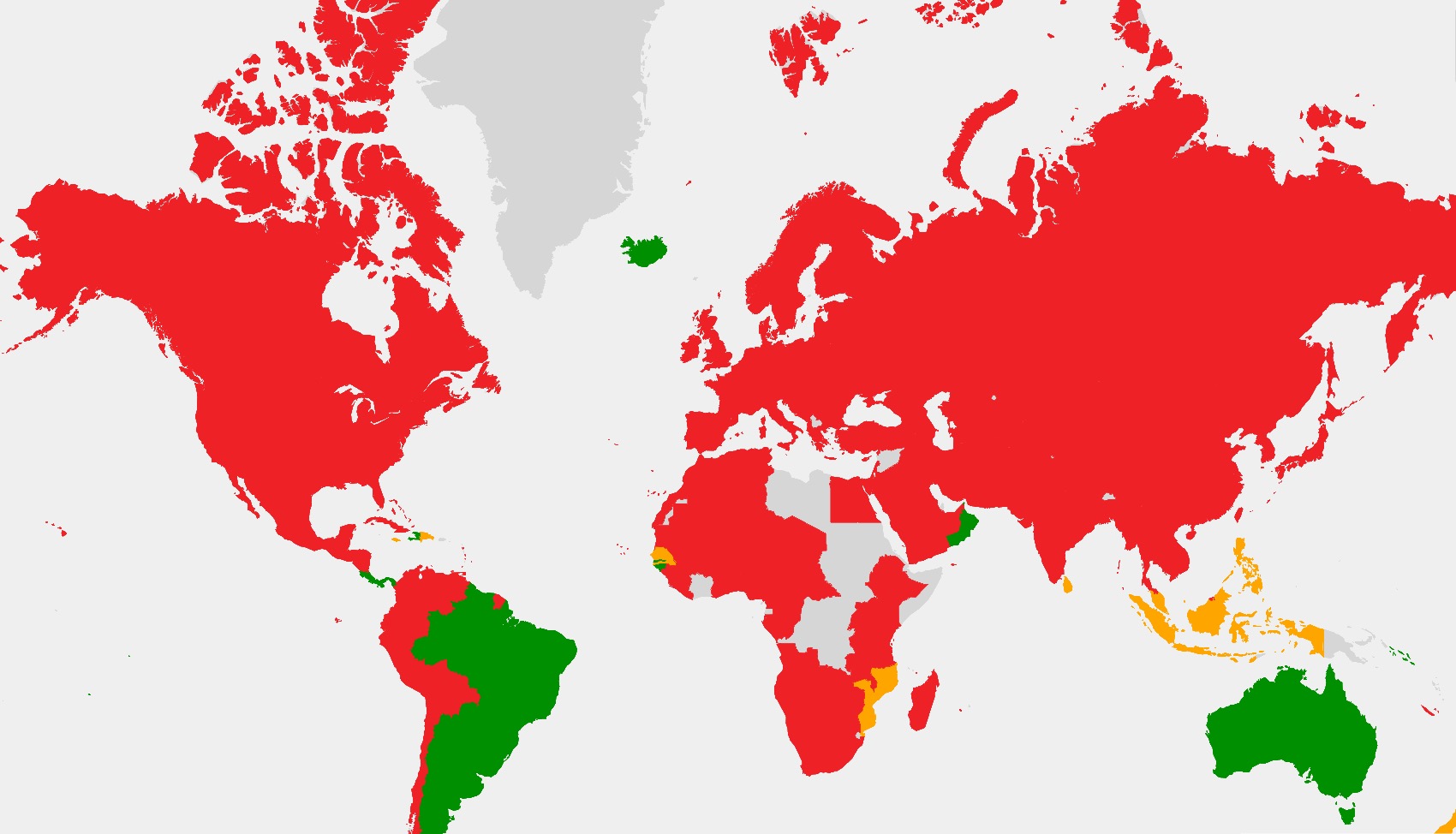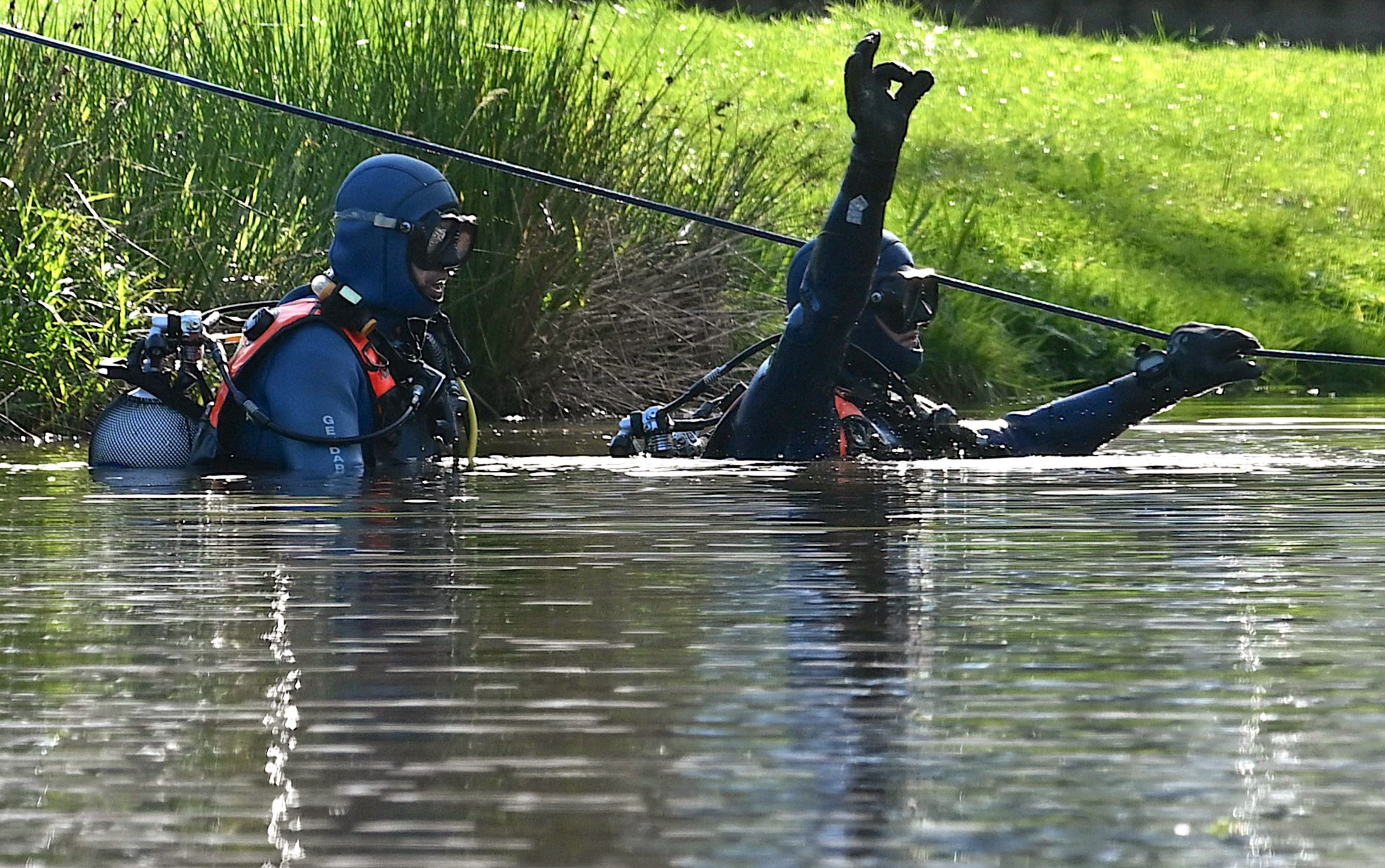The desert dunes of Dubai have some unexpected guests—a pack of rodents native to Argentina … and they seem to be thriving in their new home.
Numbers of Patagonian mara—rodents with rabbit-like ears, long legs and the body of a hoofed mammal—are now living in the Al Qudra Lakes, a desert oasis located 25 miles south of Dubai, United Arab Emirates (UAE).
How the rodents got there from Argentina is still unknown. One theory is that they were trafficked to the UAE and escaped near farms surrounding the Lakes, according to The Associated Press.

Smithsonian's National Zoo and Conservation Biology Institute classifies the Patagonian Mara as a "near threatened" species. It is illegal in the UAE to keep endangered or threatened species as pets.
Newsweek has emailed the UAE's Climate Change and Environment Ministry for comment on the Patagonian mara's presence and how they got there.
Nonetheless, the mara seem happy in the Dubai desert, where they were first spotted in 2020, AP reports. The agency estimates there could be up to 200 of the creatures living in the Al Quadra lakes and nearby Al Marmoom Desert Conservation Reserve.
These numbers also suggest they are breeding. Patagonian mara are monogamous animals who mate for life. Female mara only come on heat for 30 minutes, three to four times each year. They then give birth to one to three young who are nursed for about 75 days before being weaned.
One AP journalist in the area spotted a mother mara nursing her baby. The mara were first spotted in the Lakes in 2020 during the pandemic.
Experts have examined the presence of the rodents in the UAE, where temperatures often reach 113 degrees and high humidity.
"This large rodent is a common species in zoological collections and undoubtedly found its way out from captivity," wrote Jacky Judas in a chapter the 2023 book A Natural History of the Emirates.
"They can regularly be seen sleeping or eating grass in the middle of roundabouts at Al Qudra," Judas continues. "This species is not adapted to live in arid environments, although in the absence of his usual predators, like pumas, it can possibly survive in highly modified habitats with tree plantations, lawns and ponds."
Apart from Arabian red foxes which live and hunt in the area, there are very few predators in and around the Al Qudra Lakes.
At home in central and southern Argentina, Patagonian mara prefer to live in grasslands and brush lands with lots of open space. They are herbivores, mainly eating grasses and are preyed upon by foxes and birds of prey.
They travel in their mated pairs, with the males aggressively protecting females from predators.



.webp)















 English (US) ·
English (US) ·